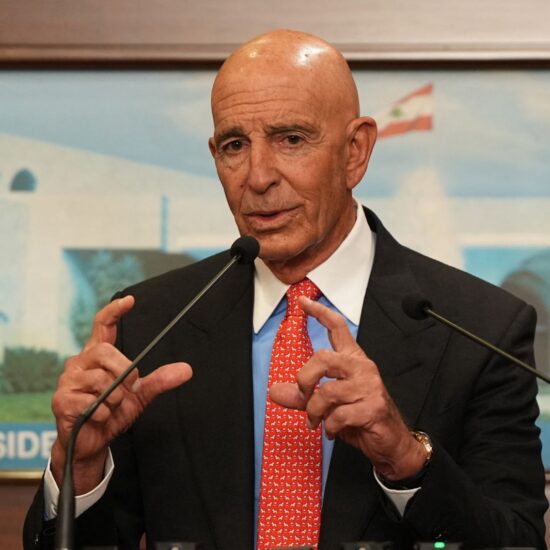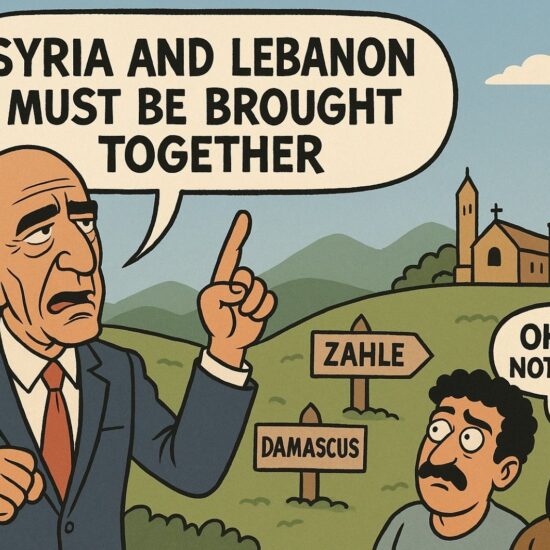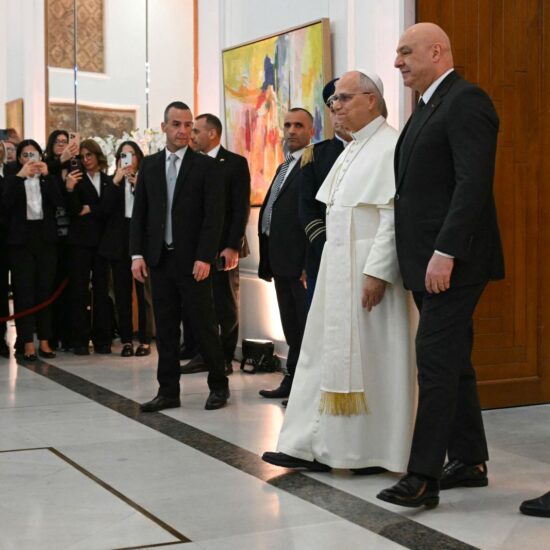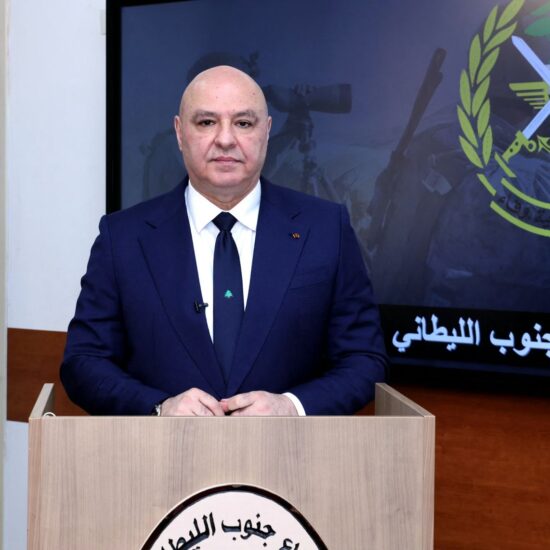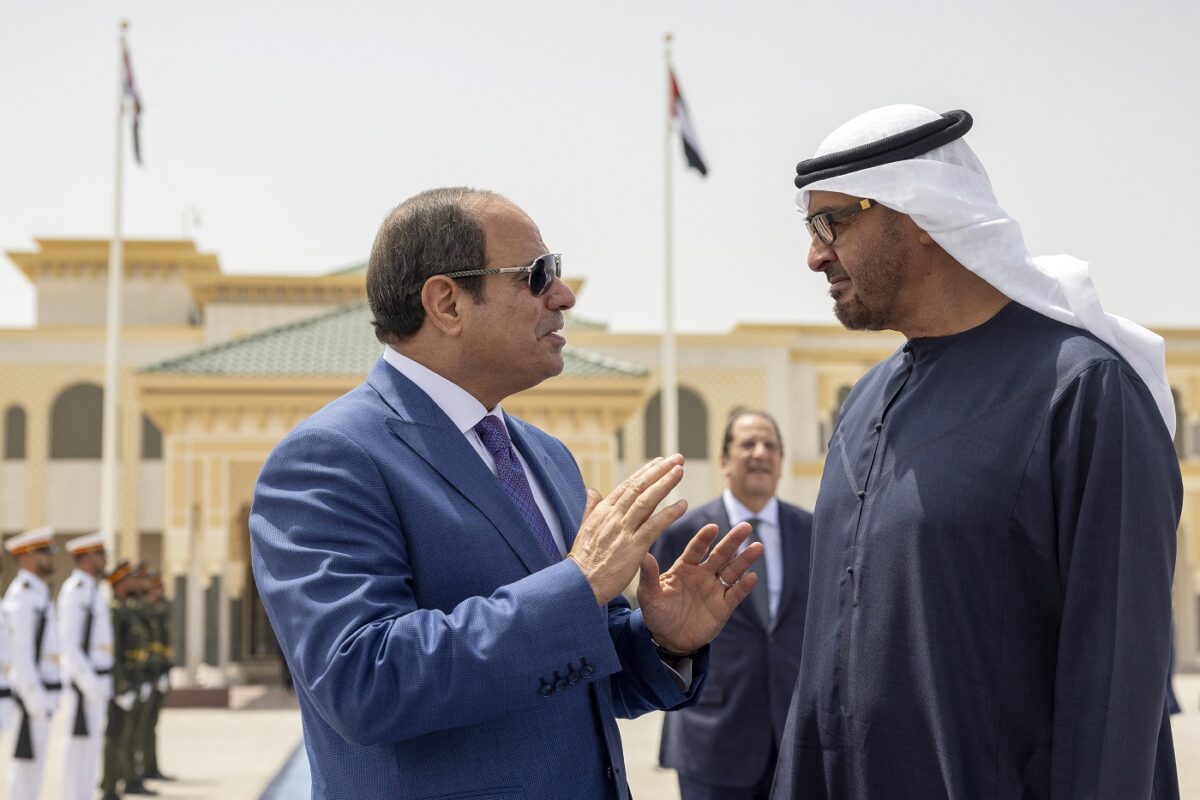
The UAE-Egypt pact, Rafah's development, and their intertwined roles in reshaping Middle Eastern alliances and conflict dynamics
In the evolving political landscape of the Middle East, Egypt’s recent actions have placed it at the forefront, sparking debates about its growing influence in the region. The significant investment from the UAE, coupled with Egypt’s efforts to establish a safe zone near Rafah, indicates a strategic pivot in its approach to regional affairs, especially against the backdrop of the complex Israeli-Palestinian situation. These steps signal Egypt’s potential reevaluation of its regional strategy, emphasizing its aim to both strengthen its economic foundations and skillfully navigate the intricacies of Middle Eastern geopolitics with renewed determination and purpose. The following discussion aims to unravel Egypt’s strategic shifts, focusing on how the recent financial infusion from the UAE could alter its economic landscape and affect its role in Middle Eastern geopolitics. By taking a closer look at Egypt’s initiatives, we seek to understand its endeavors to rejuvenate its economy with UAE’s support and evaluate the potential repercussions on the region’s longstanding conflicts. Through examining these developments, the goal is to highlight Egypt’s changing diplomatic stance and ponder its future contributions to achieving peace and stability in the Middle East.
The Strategic Investment: The UAE-Egypt Pact
In February 2024, Egypt and the UAE inked a colossal $35 billion investment deal to develop the Ras al-Hikma peninsula, signaling not just an economic boost for Egypt’s faltering economy but potentially reshaping regional alliances and strategies. While officially an economic agreement, the timing and scale of this investment warrant a deeper analysis within the broader Middle Eastern context, where economic pacts often intertwine with strategic and political objectives.
Rafah’s Development: A Humanitarian Response or Strategic Foresight?
Concurrently, Egypt’s initiative to establish a walled area near the Rafah border, capable of sheltering displaced Palestinians, raises questions about its role in the Israeli-Palestinian saga. While Egyptian officials refute claims linking this development to a coordinated plan for Palestinian refugees, the initiative undeniably places Egypt in a critical position regarding the conflict’s future trajectory and resolution.
Analytical Perspectives: Deciphering Egypt’s Dual Moves
The UAE’s investment in Egypt symbolizes a vote of confidence in Egypt’s stability and reform agenda. It comes at a time when Egypt is grappling with pressing economic challenges, including inflation and foreign currency shortages. Analyzing the specific sectors targeted by the UAE investment allows one to infer Egypt’s strategic priorities and how these align with broader regional stability objectives. The investment’s focus areas—such as technology, infrastructure, and tourism—indicate Egypt’s intent to diversify its economy and reduce dependency on traditional sectors like oil and remittances.
Additionally, the establishment of a refuge area near Rafah should be examined beyond its immediate humanitarian implications. This move can be interpreted as Egypt’s anticipatory strategy to mitigate potential regional spillovers from the Israeli-Palestinian dynamic. By preparing for refugee influxes, Egypt is not only addressing a humanitarian need but also strategically positioning itself as a key stakeholder in the conflict’s resolution, potentially influencing the terms and dynamics of future peace negotiations.
Moreover, Egypt’s actions should be contextualized within its historical role as a mediator in the Arab-Israeli conflict and its evolving relationships with other regional powers. The deepening economic ties with the UAE, juxtaposed with its traditional alliance with the United States and delicate balance with Israel, provide a multifaceted view of Egypt’s foreign policy ambitions. This economic partnership could redefine power equations in the region, offering Egypt more leeway in its diplomatic endeavors and possibly reshaping the Arab world’s approach to regional conflicts.
Speculations on Egypt’s Future Role and War’s End
As Egypt leverages its bolstered economic and strategic resources, the nation’s capability to mediate and influence outcomes in Middle Eastern peace processes and conflict resolutions becomes increasingly significant. This enhanced role is not based merely on conjecture but is deeply rooted in an analytical understanding of the interplay between economic strength, geopolitical influence, and humanitarian imperatives within the complex fabric of regional politics.
The recent UAE investment underscores a pivotal shift, potentially enabling Egypt to assert more substantial diplomatic and economic influence across the Middle East. This economic boost could provide Egypt with the necessary tools to mediate effectively, promoting dialogue and potentially facilitating pathways toward peace.
While it remains uncertain how these dynamics will directly affect the trajectory of the war on Gaza, what might happen on Day 1 after the war, or how all of this might influence the dynamic more broadly; Egypt’s evolving role as a key regional player could foster a more conducive environment for peace negotiations. The intertwining of Egypt’s economic strategies with its diplomatic and humanitarian efforts illustrates a comprehensive approach to regional leadership, signaling a potential shift in the balance of influences that underpin Middle Eastern geopolitics.
Ultimately, Egypt’s current maneuvers may lay foundational stones for future peace initiatives, positioning it as a critical stakeholder in resolving longstanding regional disputes. Whether these efforts will hasten the end of the conflict remains to be seen. However, the strategic depth and capacity Egypt is developing are poised to have a lasting impact on the region’s quest for stability and peace.
While direct evidence linking the UAE’s investment to a grander geopolitical strategy involving Palestinian refugees is absent, the circumstantial and contextual analysis underscores Egypt’s role in shaping the Middle East’s future. As the region stands at a crossroads, with escalating conflicts and the quest for enduring peace, Egypt’s strategic decisions, underscored by economic and political considerations, will be instrumental in defining the next chapters of Middle Eastern history.
In synthesizing these perspectives, it becomes evident that while the future remains uncertain, Egypt’s actions today are laying groundwork that will profoundly influence regional dynamics, possibly edging closer to a resolution or further complicating an already intricate geopolitical puzzle.
Ramzi Abou Ismail is a political psychologist and researcher at the University of Kent.



